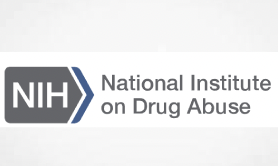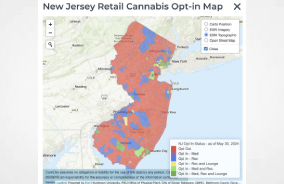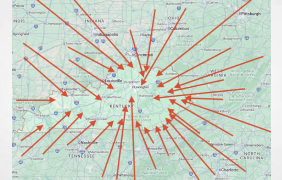The fun and games start befor the fun and games have even started!
A Drug Enforcement Administration (DEA) judge says the agency made a critical “blunder” in its effort to issue subpoenas to force Food and Drug Administration (FDA) officials to testify in upcoming marijuana rescheduling hearings—but he has allowed it to fix the error and ultimately granted the request.
While DEA advised Administrative Law Judge (ALJ) John Mulrooney that it wanted to furnish subpoenas for four FDA officials after the U.S. Department of Health and Human Services (HHS) declined to voluntarily participate, it erred by putting just one of those officials on all four forms.
Accordingly, the judge initially only granted the single subpoena—though DEA was still given the opportunity to correct the mistake. After submitting the required forms, the ALJ granted the remaining three subpoenas on Tuesday.
Still, Mulrooney made his frustration with the mistake clear.
In an order on Monday the ALJ said the duplicative filing “is apparently an error borne of inattention or inadvertence.”
“To be sure, a blunder of this nature on a case that has garnered a significant level of national attention is an unexpected development, particularly in light of the unique dynamic of one agency of the United States Government seeking process to compel the attendance of multiple employees from another agency of the United States Government,” he said.
The judge also noted that, in addition to the subpoena request, DEA submitted a revised version of its “previously filed, incomplete prehearing statement” that he’d already criticized the agency over, and it contained a series of motions for relief. That included a request to be exempt from a rule to provide the ALJ with three hard copies of any exhibits it plans to introduce at the hearings.
DEA’s requested the exemption because it plans to submit thousands of public comments on the notice of proposed rulemaking (NPRM) to move cannabis from Schedule I to Schedule III of the Controlled Substances Act (CSA). The judge had previously advised the agency that the comments “are not evidence” and “cannot be,” admonishing the agency not to attempt to insert the submissions.
Read more

















